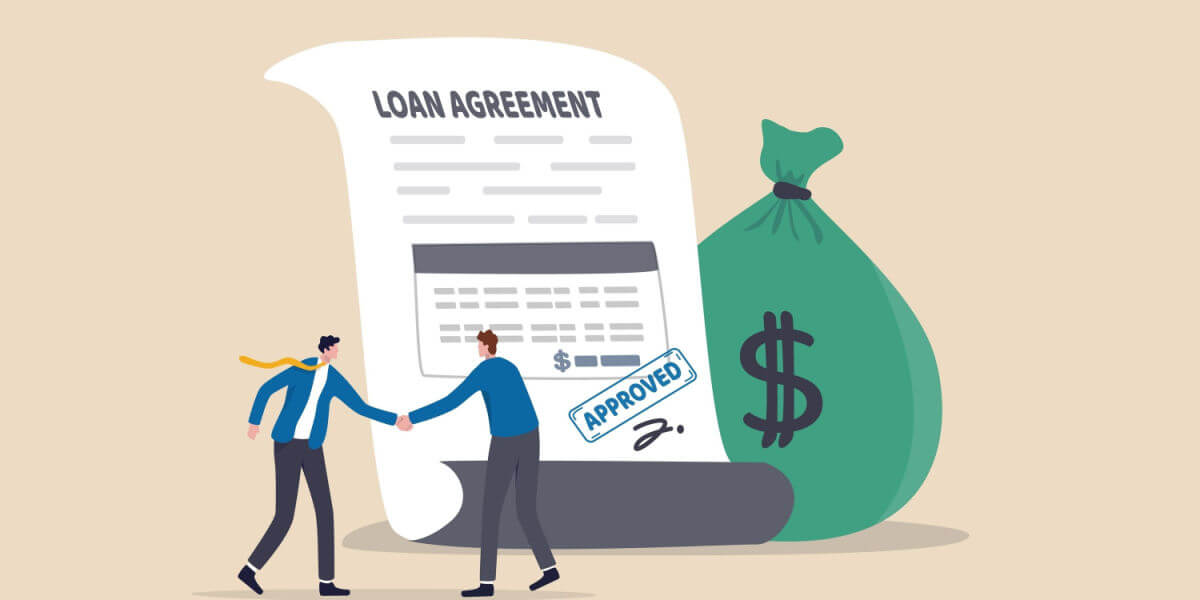
Personal loans are a popular financing option for individuals who are looking to consolidate their debt and get out of debt faster. Debt settlement is one approach that many people turn to when struggling with debt. It involves negotiating with creditors to settle debts for less than what is owed. While debt settlement can be effective, it often requires a lump sum payment, which can be difficult to come up with. Personal loans provide an option for those who need to access funds quickly to settle their debts.
In this article, we will explore the use of personal loans for debt settlement and how they can help you get out of debt faster. We will also discuss the factors to consider before taking out a personal loan for debt settlement and the steps to take when using a personal loan to settle your debts.
Understanding debt settlement is an important first step in using personal loans to get out of debt. Debt settlement is a process by which a debtor negotiates with their creditors to settle their outstanding debts for less than the full amount owed. In this process, the debtor makes a lump sum payment to the creditor, and the creditor agrees to forgive the remaining debt. Debt settlement can be an effective way to reduce debt quickly, especially for those who are struggling to keep up with their payments.
Not all types of debt can be settled, however. Debt settlement is typically only an option for unsecured debt, such as credit card debt, medical bills, and personal loans. Secured debts, such as mortgages and car loans, are not typically eligible for debt settlement. It is also important to note that debt settlement can have a negative impact on credit scores and may result in tax implications. Therefore, it is important to carefully consider all options and seek professional advice before pursuing debt settlement.
Personal loans can be a useful tool for individuals looking to settle their debts quickly. There are several benefits to using personal loans for debt settlement. One of the main benefits is that personal loans typically have lower interest rates than credit cards or other high-interest debt, which can result in significant savings over time.
Additionally, personal loans can provide a lump sum of money that can be used to settle debts in full or negotiate a settlement with creditors. This can be particularly helpful for those who are struggling to make their minimum payments each month or who have fallen behind on their payments. There are several types of personal loans available for debt settlement, including secured and unsecured loans. Secured loans, such as home equity loans or lines of credit, may offer lower interest rates, but they require collateral such as a home or car. Unsecured loans, on the other hand, do not require collateral but may have higher interest rates.
To qualify for a personal loan, lenders will typically consider factors such as credit score, income, and debt-to-income ratio. Having a good credit score and a stable income can increase your chances of qualifying for a personal loan with favorable terms. While personal loans can be a helpful tool in debt settlement, it is important to carefully consider the terms and fees associated with each loan. Some lenders may charge origination fees or prepayment penalties, which can increase the overall cost of the loan. It is important to compare loan options and carefully read the terms and conditions before signing on the dotted line.
Before taking out a personal loan for debt settlement, there are several important considerations to keep in mind. First and foremost, it is important to compare interest rates and fees across different lenders. Interest rates can vary widely among lenders, and even a small difference in interest rates can have a significant impact on the overall cost of the loan. It is important to shop around and compare offers from multiple lenders to ensure that you are getting the best deal.
In addition to interest rates, it is important to carefully consider the loan terms. Some lenders may offer longer loan terms, which can result in lower monthly payments but may also mean paying more in interest over time. Shorter loan terms, on the other hand, may result in higher monthly payments but can help you save money on interest in the long run.
Another important consideration when taking out a personal loan for debt settlement is the reputation and credibility of the lender. It is important to choose a lender that is reputable and has a track record of providing quality service to its customers. Reading customer reviews and checking with the Better Business Bureau can help you identify lenders with a good reputation.
Using a personal loan for debt settlement can be an effective strategy to get out of debt faster. However, there are several important steps to take to ensure that you are using the loan effectively and maximizing its benefits.
Share:





Fincreater is personal finance blog, where we provide financial information to achieve your financial goals and create more value in your financial portfolio. Our blog covers a wide range of topics, from budgeting and saving to investing and retirement planning. We’ll share tips and tricks to help you save money, earn more, and make the most of your resources.
© 2023 Fincreator. Powered by Fincreator